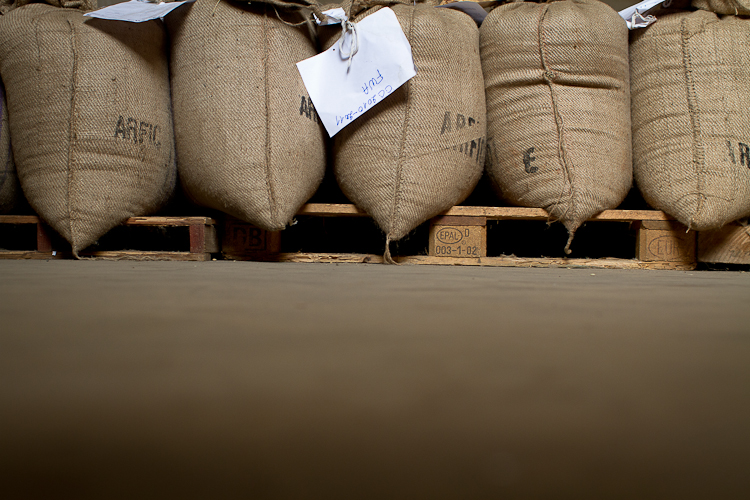 This morning I am sipping a double espresso from Gatare, a washing station in the Kayanza district of Burundi that is producing amazing coffee. All this coffee sipping got me thinking about you. I starting thinking… What are YOU drinking?
This morning I am sipping a double espresso from Gatare, a washing station in the Kayanza district of Burundi that is producing amazing coffee. All this coffee sipping got me thinking about you. I starting thinking… What are YOU drinking?
This as a sort of follow up to my What’s in Your Cup? thoughts. I know there is an extraordinarily large amount of people who care, really truly care, about buying ethically sourced coffee. They might care because they have social justice on their minds, or they have a heart for seeing impoverished people succeed, or they are on a year long quest to love the earth. Whatever the reason, we are here to give those who care a two thumbs up for their sensitive conscience.
I like purchasing ethically sourced coffee. For me, it’s a way of living out one of our family’s core values: The dignity and value of every person. So getting down to it, what should you buy? Whats the difference between Fair Trade and Direct Trade? And who really cares?
That’s too much for one coffee guy to dive into all at once. So, I’ll give my two cents on “what coffee should you buy?” I mean, I love you Barbara Kingsolover. I’ll eat local for a life time, but… I won’t stop buying amazing coffee sourced from the other side of the planet. I can’t justify cutting off a farmer’s only means of income because he lives in Costa Rica or Papua New Guinea or BURUNDI… especially if his coffee makes me weak in the knees.
So, you are going to your local coffee shop to buy your coffee, but what should you buy? Here’s my list, in order of significance, of what I look for when buying roasted beans.
1. Freshly and expertly roasted. Roasting should have taken place no later than two weeks prior to the purchase date and the roasting date should be evident on the bag. Also, try before you buy. Often baristas will be more than happy to share a sample of their brew with you before you delve into a $15 purchase.
2. A unique coffee that matches the method of preparation you intend it for. Each coffee has a roast that will bring out it’s best characteristics depending on it’s use, ie: Chemex, espresso, French-press, etc.
3. “Third hill from the left.” The coffee you drink should be traceable. Get as close to the farmer as possible, see if you can get a detailed description of where the farmers are and what their community is like. This matters, plain and simply because people matter.
4. Ethically sourced and purchased coffee. Coffee that provides a livable and sustainable wage to each stakeholder along the coffee trail. The farmers. The workers at the washing station. The workers at the dry mill. The truck drivers. The exporters. The importers. The roasters. The coffee shop owners. The baristas. Without each one of these people along the coffee trail, good coffee does not exist.
5. Growers and buyers at origin who maintain a social and environmental conscience. People… like us.
6. Transparency in financial transactions stemming from your cup back to the tree. Ask your coffee shop how each dollar you spend on your coffee is divided amongst the coffee stakeholders listed in #4. They should tell you, really.
I realize we can’t all do all of these things at once, but it’s about the effort. The effort to make a contribution towards building whole and healthy communities. You may think this contribution is a silent one, but it’s not. YOU dictate what businesses like your local coffee shop buy. I’ll bet if your coffee shop is not doing these things and you tell them that you want to drink this kind of coffee, you will plant a seed of change. Try it, and see what happens.
If your local coffee shop is doing these things, give them a shout out in the comments section so other people can go thank them for a job well done.
Coffee Guy